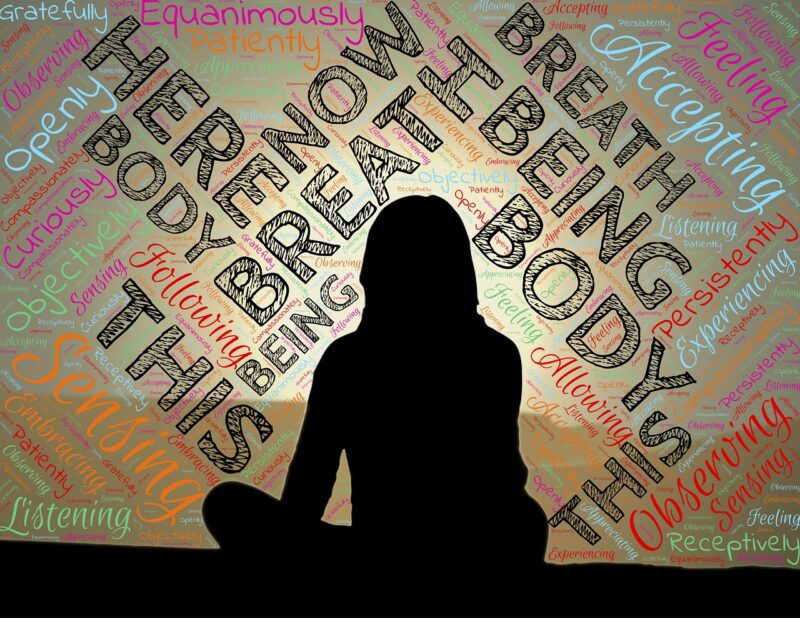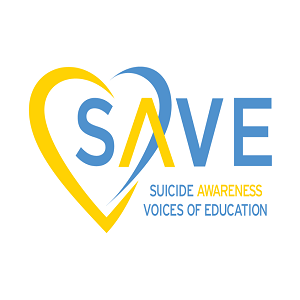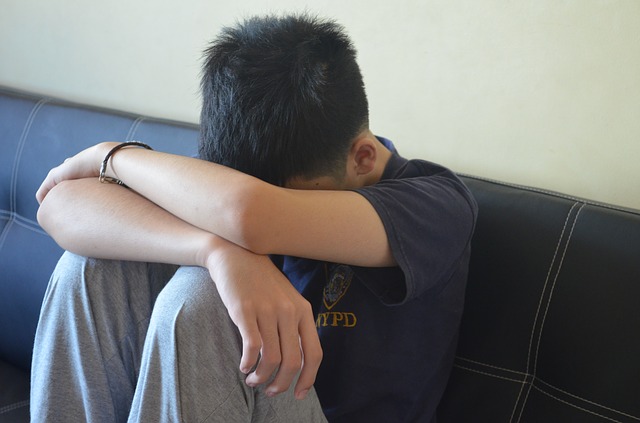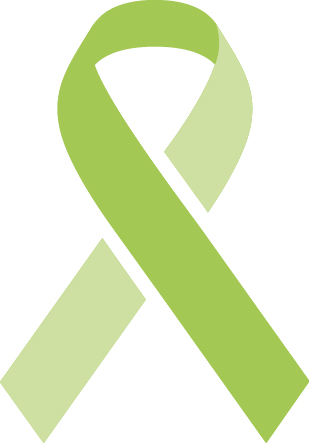
Suicide Prevention: Self-Care Tips
A common misconception about suicide is that suicidal thoughts are uncommon and suicidal attempts signal that a person cannot be helped. This simply is not true. Read more >>
Request an Appointment
English: 650.688.3625
Medi-Cal: 650.688.3650

Suicide Prevention: Self-Care Tips
A common misconception about suicide is that suicidal thoughts are uncommon and suicidal attempts signal that a person cannot be helped. This simply is not true. Read more >>

Gender Nonconforming Teens Face Higher Risk of Mental Distress
Compared to teens whose gender expression matches societal expectations, gender nonconforming adolescents may be more likely to experience mental health problems, a U.S. study suggests. Read more >>

Suicide Awareness Voices of Education (SAVE) [web resource]
One of the nation’s first organizations dedicated to the prevention of suicide, SAVE‘s work is based on the foundation and belief that suicide is preventable and everyone has a role to play in preventing suicide. Read more >>

Just over a year ago, CHC opened its doors to a new Intensive Outpatient Program (IOP) for teens in Palo Alto. Now, in collaboration with Stanford Children’s Health, the program is expanding to serve more adolescents struggling with self-harm, suicidal Read more >>

#BeThe1To — Suicide Prevention Resources [web resource]
#BeThe1To is the National Suicide Prevention Lifeline’s message for National Suicide Prevention Month and beyond, spreading the word about actions we can all take to prevent suicide. The Lifeline network and its partners are working to change the conversation from Read more >>

When Erratic Teenage Behavior Means Something More
Mary Rose O’Leary has shepherded three children into adulthood, and teaches art and music to middle-school students. Despite her extensive personal and professional experience with teens, the Eagle Rock, Calif., resident admits she’s often perplexed by their behavior. Read more >>
Threat of Child Suicide Is Highest During the School Year, Study Finds
The number of school-age children and adolescents hospitalized for suicidal thoughts or attempts has more than doubled since 2008, according to a new Vanderbilt University Medical Center-led study published in May in Pediatrics. Read more >>

SanaMente: California’s Mental Health Website and Resources for Latinos [web resource]
Latinos are one of the groups least likely to seek help for mental illness due to reasons which include language fluency, cultural barriers and access to health coverage. SanaMente is California’s Mental Health Movement website for the Latino community. Read more >>
What to Do if You’re Worried About Suicide – A Parent’s Guide
What do you do when you’re worried that a child might be feeling suicidal? Nadine Kaslow, PhD, psychologist and former President of the American Psychological Association, provides guidance to parents on the best ways to support a child who is Read more >>

A public service campaign from the National Alliance on Mental Illness (NAMI), OK2TALK.org is an online community where teens and young adults struggling with mental health conditions can find a safe place to talk about what they’re experiencing by sharing Read more >>
English: 650.326.5530 | Español: 650.688.3650 | Fax: 650.688.3669
English: 650.326.5530
Español: 650.688.3650
Fax: 650.688.3669
English: 650.668.3625 | Español: 650.688.3650 | careteam@testing.chconline.org
English: 650.668.3625
Español: 650.688.3650
careteam@testing.chconline.org
© 2024 Children’s Health Council. All rights reserved.
CHC Palo Alto: 650 Clark Way, Palo Alto, CA 94304 | 650.326.5530
CHC South Bay: 2280 Kenwood Avenue, San Jose, CA 95128 | 408.831.7512
CHC Ravenswood: 1765 E Bayshore Rd, East Palo Alto, CA 94303 | 650.702.2487
CHC Palo Alto:
650 Clark Way, Palo Alto, CA 94304
650.326.5530
CHC South Bay:
2280 Kenwood Avenue, San Jose, CA 95128
408.831.7512
CHC Ravenswood:
1765 E Bayshore Rd, East Palo Alto, CA 94303
650.702.2487